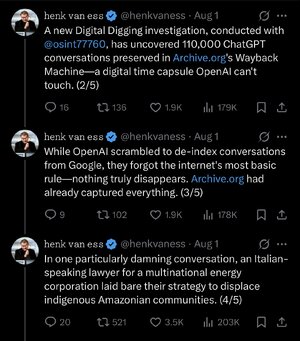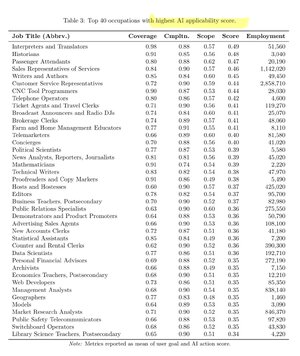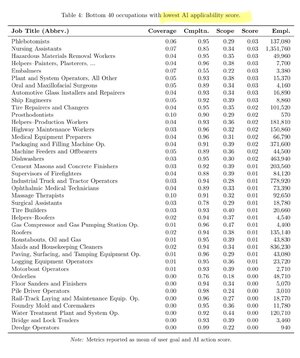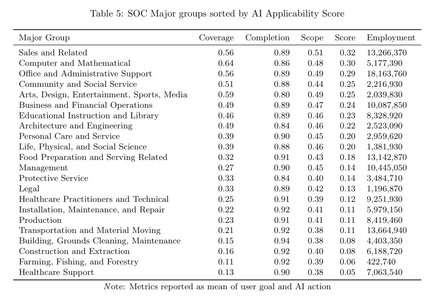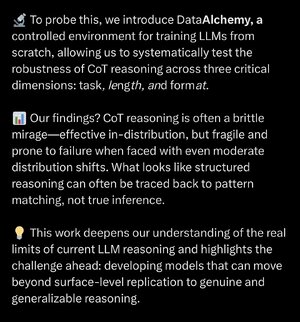- Messages
- 31,427
Apparent AI mistakes force two judges to retract separate rulings
The errors in both cases come as the number of US adults embracing AI continues to grow — despite the profound risks associated with workplace use
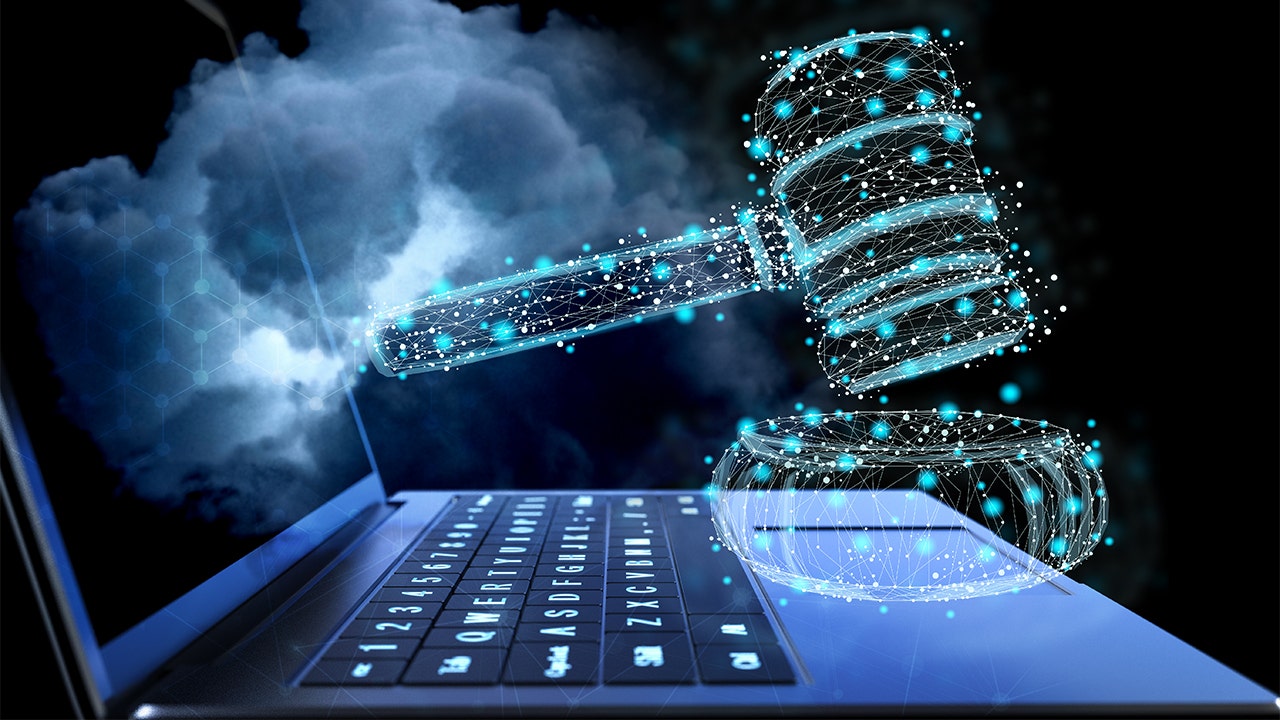
Apparent AI mistakes force two judges to retract separate rulings
Two U.S. district judges replaced court orders due to inaccurate case details and hallucinated quotes in legal submissions, highlighting AI risks in law.
“Two U.S. judges in separate federal courts scrapped their rulings last week after lawyers alerted them to filings that contained inaccurate case details or seemingly "hallucinated" quotes that misquoted cited cases — the latest in a string of errors that suggest the growing use of artificial intelligence in legal research and submissions.
In New Jersey, U.S. District Judge Julien Neals withdrew his denial of a motion to dismiss a securities fraud case after lawyers revealed the decision relied on filings with "pervasive and material inaccuracies."
The filing pointed to "numerous instances" of made-up quotes submitted by attorneys, as well as three separate instances when the outcome of lawsuits appeared to have been mistaken, prompting Neals to withdraw his decision.
In Mississippi, U.S. District Judge Henry Wingate replaced his original July 20 temporary restraining order that paused enforcement of a state law blocking diversity, equity and inclusion programs in public schools after lawyers notified the judge of serious errors submitted by the attorney.
They informed the court that the decision "relie[d] upon the purported declaration testimony of four individuals whose declarations do not appear in the record for this case."
Wingate subsequently issued a new ruling, though lawyers for the state have asked his original order to be placed back on the docket. …”
——
What the heck were the judicial clerks doing in these cases? Clerks used to check every case cited and evidence in the record …

